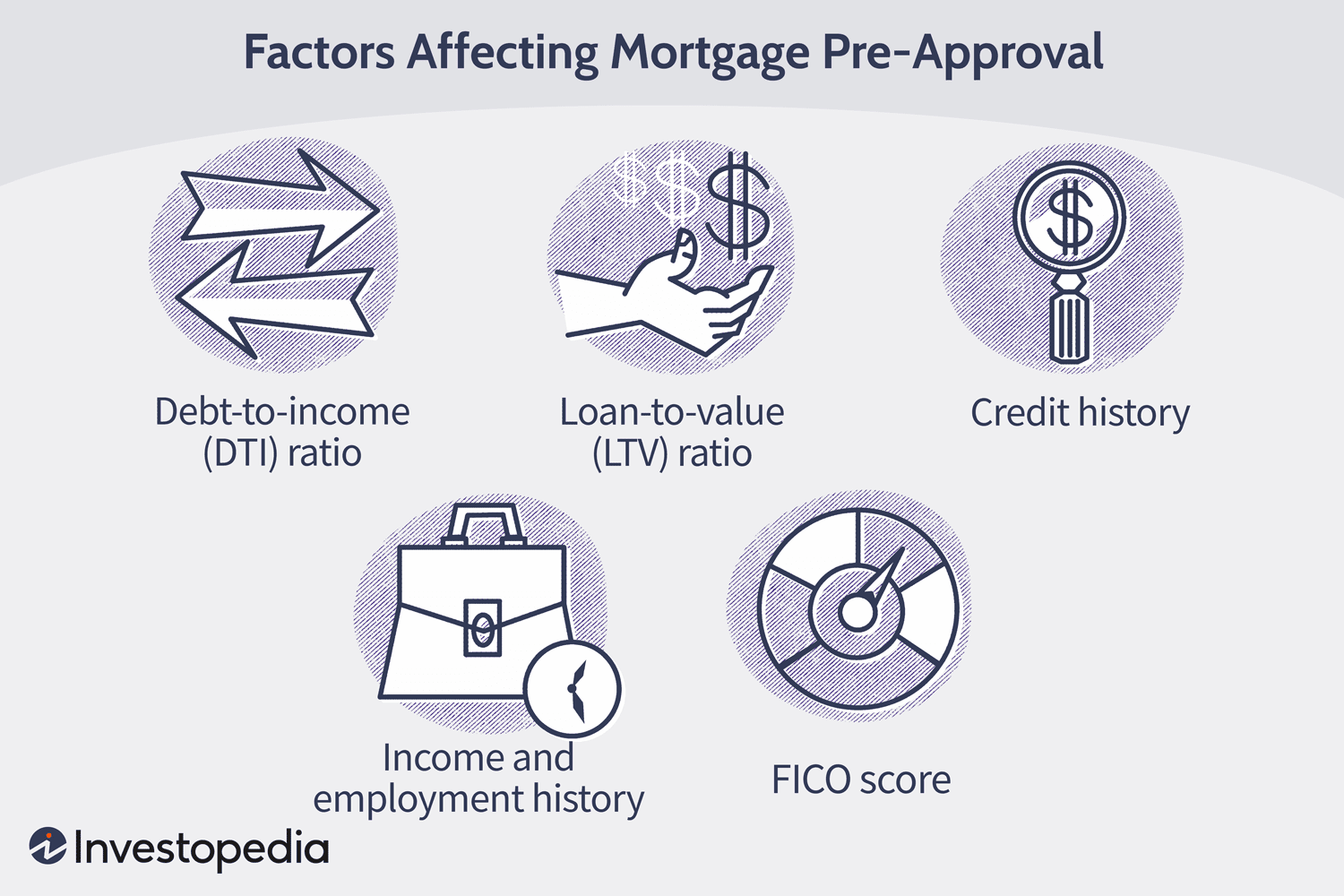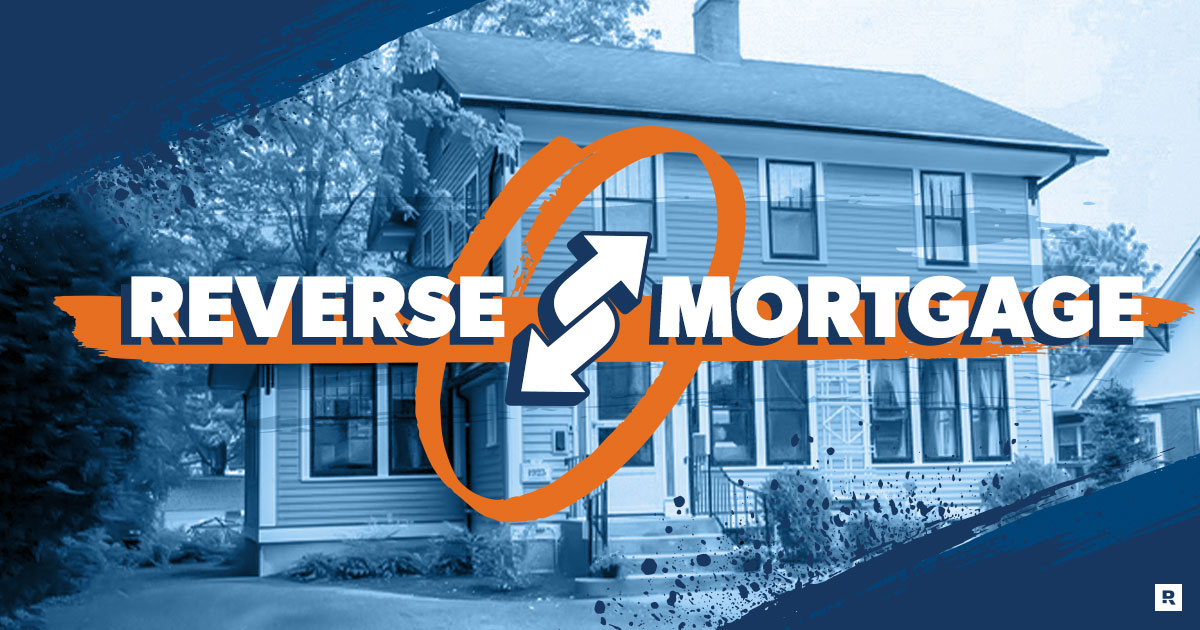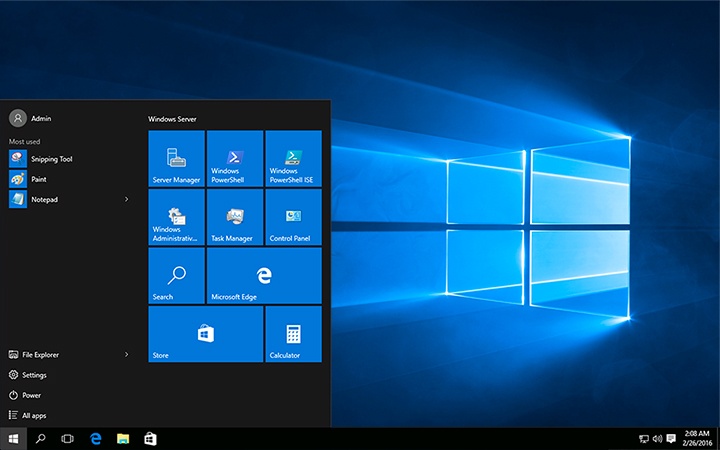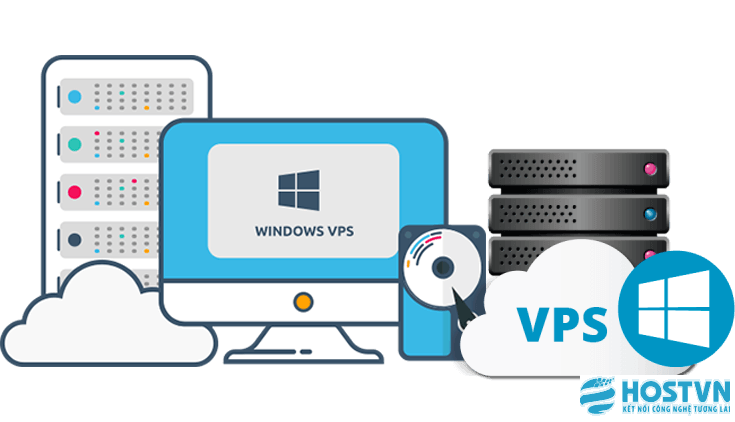You might think that becoming a California real estate agent requires in-person classes, but the truth is, online courses have become the preferred choice for many aspiring professionals. These programs offer convenience, affordability, and comprehensive curricula, making them a viable alternative to traditional classroom settings.
Toc
In this article, we’ll guide you through the best online real estate courses available for those looking to kickstart their careers in California’s vibrant real estate market. We’ll cover essential licensing requirements, highlight top-rated online schools, and provide tips to help you choose the right program.
Understanding California Real Estate License Requirements

The California Department of Real Estate (CDRE) plays a vital role in regulating the state’s real estate industry. To obtain your California real estate license, you must meet several essential requirements:
Age
To become a licensed real estate agent in California, you must be at least 18 years old. This age requirement ensures that applicants have reached the legal age of majority, allowing them to enter into binding contracts. Additionally, applicants must provide evidence of legal residency in the United States, as this is a prerequisite for licensure in the state. Once these basic criteria are met, prospective agents are required to complete a series of pre-licensing education courses.
Pre-Licensing Education
Aspiring real estate agents in California are required to complete 135 hours of pre-licensing education. This education is divided among three key courses: Real Estate Principles (45 hours), Real Estate Practice (45 hours), and an elective course (45 hours) from a selection of subjects approved by the CDRE. These courses can be taken in-person or online from accredited institutions, offering the flexibility needed to accommodate diverse schedules. Upon successful completion of the required coursework, candidates are eligible to sit for the state licensing exam.
Licensing Exam
Once you have completed the necessary pre-licensing education, the next step is to pass the California real estate licensing exam. This exam is designed to assess your understanding of essential real estate concepts and practices. The exam consists of 150 multiple-choice questions and covers a wide range of topics including property ownership, land use regulations, valuation and market analysis, financing, and the transfer of property. To pass, you must achieve a score of at least 70%. It’s crucial to prepare adequately, and many online courses offer practice exams and study materials to help candidates succeed. Upon passing the exam, you can proceed with the final steps to obtain your real estate license.
Final Steps to Licensing
After passing the licensing exam, the final step is submitting a license application and paying the associated fees to the California Department of Real Estate. You will need to include your exam results and proof of pre-licensing education with your application. Additionally, a fingerprinting process is mandatory for all applicants to ensure public safety and maintain industry standards. Once your application is approved, you will be issued your license, allowing you to legally practice as a real estate agent in California. Staying informed about continuing education requirements and license renewals will be essential to maintaining an active status within the profession.
Choosing the Best Online Real Estate Course
Selecting the right online real estate course is crucial for your success in obtaining a California real estate license. When evaluating courses, consider factors such as accreditation, course content, user reviews, and instructor qualifications. Accreditation from reputable organizations ensures that the education provider meets established standards, which is essential for your coursework to be recognized by the CDRE.
Furthermore, evaluate the comprehensiveness of the curriculum. Courses should cover all necessary pre-licensing topics thoroughly and offer additional resources like practice exams and study guides to enhance your learning experience. User reviews and testimonials can provide insight into the quality and effectiveness of a program, while instructor qualifications can assure you that you’re receiving guidance from experienced professionals.
To facilitate your decision-making process, many online schools offer demos or free trial periods so you can explore their learning platforms and resources before making a commitment. By considering these factors, you can choose a course that aligns with your learning style and career goals, setting you on the path to becoming a successful real estate agent in California.
Top Online Real Estate Schools in California

1. https://banktop.vn/archive/57131/
2. https://banktop.vn/archive/57132/
3. https://banktop.vn/archive/57130/
Choosing the right online real estate school is a critical step in your educational journey. To help you make an informed decision, we’ve compared several top-rated options based on their curricula, learning formats, student support, and overall reputation.
Fortune Academy: Best for Affordable Courses with Financial Assistance
Fortune Academy stands out for aspiring real estate agents seeking high-quality education without breaking the bank. The school’s self-paced online courses are designed with engaging narration and interactive elements, led by experienced instructors.
What sets Fortune Academy apart is its commitment to accessibility, offering various financial assistance options, including tuition reimbursement, interest-free payment plans, and state grant applications. The comprehensive curriculum covers all necessary topics, and students appreciate the direct support from instructors. However, the school could enhance its offerings by introducing live stream webinars and interactive study groups.
Kaplan: Best for Customer Support Accessibility
With over 50 years of experience in education, Kaplan has established itself as a trusted name in the real estate industry. The school’s flexible learning options, combined with exceptional customer support, make it ideal for students with busy schedules. Kaplan’s courses provide a seamless online learning experience, featuring live chat support, interactive study groups, and a wealth of career resources.
While Kaplan does not offer mobile applications, it provides a thorough curriculum that covers all stages of a real estate career, from pre-licensing to broker licensing. Its impressive passing rates and high student satisfaction levels make it a reliable option for aspiring California agents.
California Realty Training: Best for a Personal Approach
For students who thrive in a supportive learning environment, California Realty Training is an excellent choice. The school is known for its personalized approach, offering guidance throughout the educational process, from enrollment to connecting with potential brokerage partners.
California Realty Training’s courses are accessible on all devices, and students appreciate the direct support from instructors. However, the school could benefit from adding career coaching and post-licensing options to its offerings.
Colibri Real Estate: Best for Interactive & Technology-Driven Education
Colibri Real Estate stands out for its innovative, technology-driven approach to real estate education. The school offers online courses featuring interactive learning modules and mobile-friendly formats, catering to the evolving needs of modern students. With flexible scheduling options and an intuitive platform, aspiring agents can easily fit their studies into their busy lives.
While Colibri’s courses lack in-person interaction, the school’s commitment to delivering an engaging, tech-savvy learning experience is commendable. Those who thrive in a self-paced, digital environment will find Colibri’s offerings particularly appealing.
Tips for Choosing the Best Online Real Estate Courses

When selecting the best online real estate courses, consider the following factors to ensure you find the right fit for your needs:
Learning Style
Understanding your learning style is crucial when choosing an online real estate course. Some students excel in a structured environment with live lectures and scheduled sessions, while others prefer the flexibility of self-paced study. Identify whether you thrive in interactive settings that offer live webinars and group discussions, or if you prefer solitary study with video lectures and practice exams that you can complete at your own pace. Furthermore, consider if the course offers diverse teaching methods, such as simulations, quizzes, and real-world scenarios, to cater to various learning preferences. Finding a course that aligns with your learning style will enhance your ability to absorb the material effectively and succeed in obtaining your real estate license.
Curriculum and Content Quality
When evaluating online real estate courses, the curriculum’s depth and content quality are fundamental factors to consider. Courses should encompass all critical aspects of real estate, including property law, real estate finance, ethics, and contracts. High-quality programs will also integrate case studies and real-world examples, enabling students to apply theoretical knowledge practically. It’s beneficial to check if the course content is updated regularly to reflect the current laws and trends in the real estate market, ensuring that students are learning the most relevant and up-to-date information. Additionally, some programs offer supplementary materials such as cheat sheets and quick reference guides, which can be invaluable resources during exam preparation and professional practice. Selecting a course with a robust curriculum will not only equip you with the necessary knowledge to pass licensing exams but also lay a strong foundation for a successful career in real estate.
Instructor Support and Student Resources
Instructor support and available student resources play a crucial role in the effectiveness of an online real estate course. Whether through direct email contact, live Q&A sessions, or discussion forums, access to knowledgeable instructors can greatly enhance the learning experience by allowing students to seek clarification on complex topics or receive guidance on their career paths. Additionally, high-quality courses often provide valuable resources such as e-books, webinars, practice exams, and networking opportunities with industry professionals, all designed to complement the main curriculum and deepen student understanding. It’s also worth exploring if the course offers any career services, such as resume building or interview preparation, which can be instrumental in transitioning from education to employment. Choosing a course with robust instructor support and comprehensive student resources will ensure a more interactive, enriching learning journey that helps you achieve your licensing goals and beyond.
1. https://banktop.vn/archive/57131/
2. https://banktop.vn/archive/57129/
3. https://banktop.vn/archive/57132/
Beyond the Classroom: Building Your Real Estate Career

Once you’ve completed your online real estate course and obtained your license, the next step is to build a successful career in the real estate industry.
Selecting the right brokerage
Choosing the right brokerage is a critical decision that can greatly influence your early success and growth potential in real estate. When evaluating potential brokerages, consider factors such as company culture, commission structure, mentorship opportunities, and training programs. A supportive environment with experienced mentors can provide invaluable guidance as you navigate the complexities of the industry. Additionally, assessing the brokerage’s reputation, market presence, and networking opportunities can help you align with a company that matches your professional aspirations. A brokerage that offers continuous professional development and is keen to invest in your growth can be a pivotal factor in your career trajectory, leading to enhanced skills, client satisfaction, and long-term success.
Developing Your Personal Brand
In the highly competitive real estate market, developing a strong personal brand is essential to standing out and attracting clients. Your personal brand encompasses how you present yourself professionally, how you communicate, and the unique value you provide to your clients. Start by defining your niche or area of expertise, whether it’s luxury homes, commercial properties, or first-time homebuyers. Establish a consistent online presence through social media platforms and a professional website, showcasing your successes, testimonials, and real estate insights. Engaging content that reflects your personality and expertise can help build trust and showcase your knowledge. Networking with other industry professionals and participating in local community events can also boost your brand visibility. Remember, your personal brand is a reflection of your skills and integrity in the industry, so ensure it authentically represents who you are and what you offer.
Expanding Your Network
Building a strong network is fundamental to thriving in the real estate industry. Start by attending industry events, local meetups, and open houses where you can connect with fellow professionals, potential clients, and key stakeholders. Networking allows you to gain insights into market trends, share experiences, and create referral opportunities. Additionally, joining professional real estate associations and clubs can provide access to exclusive resources, learning opportunities, and invitations to industry conferences. The relationships you cultivate can offer mentorship, peer support, and credibility within the field. Remember to maintain these connections by staying in touch regularly and offering support to your network, which helps establish mutually beneficial relationships. A robust professional network not only opens doors to new business ventures but also solidifies your reputation within the real estate community.
Leveraging Technology in Real Estate
In today’s digital age, leveraging technology has become vital for success in the real estate sector. The integration of advanced tools and platforms not only enhances efficiency but also improves client service and market reach. Real estate professionals can utilize customer relationship management (CRM) systems to manage leads effectively, track interactions, and nurture client relationships. Virtual tours and augmented reality tools offer potential buyers an immersive view of properties, which can significantly speed up the purchasing process and minimize geographical constraints. Additionally, online marketing platforms and social media can be harnessed to promote listings, engage with audiences, and build a strong digital presence. Staying updated with the latest technological trends ensures that you remain competitive, cater to tech-savvy clients, and streamline operations in a rapidly evolving industry. Embracing technology not only saves time and resources but also positions you as an innovative leader in the real estate market.
Continuing Education and Professional Development
The real estate industry is constantly evolving, with new laws, market trends, and technologies emerging regularly. As such, continuing education and professional development are essential to maintain your competitive edge and ensure compliance with regulatory requirements. Many states require ongoing education to renew your real estate license, providing a great opportunity to expand your knowledge and enhance your skills. These courses often cover a range of topics, including contract law, ethics, property management, and investment strategies.
Beyond mandatory training, voluntarily enrolling in additional workshops, webinars, and seminars can deepen your expertise in specialized areas of real estate. Staying informed about national and local market shifts helps you provide better advice to clients, positioning you as a trusted advisor. Furthermore, pursuing industry designations or certifications can signal to potential clients and employers your commitment to excellence and professional growth. By fostering a habit of lifelong learning, you not only maintain your skillset but also open doors to new career opportunities and advancements within the real estate sector.
Conclusion

With the right online real estate education, you’ll be equipped with the knowledge, skills, and confidence to conquer your licensing exam and launch a successful career in California’s dynamic real estate market. Whether you’re drawn to the personalized approach of California Realty Training, the innovative technology of Colibri Real Estate, or the affordable options at Fortune Academy, the key is finding the program that aligns with your learning preferences and career goals.
According to the California Association of Realtors, the median home price in California reached a record high of $800,000 in [insert year]. This trend has driven strong demand for real estate professionals in the state, making it a competitive but rewarding field. By embracing technology, building strong industry relationships, and continuously investing in your professional development, you can position yourself for long-term success in California’s thriving real estate landscape.











